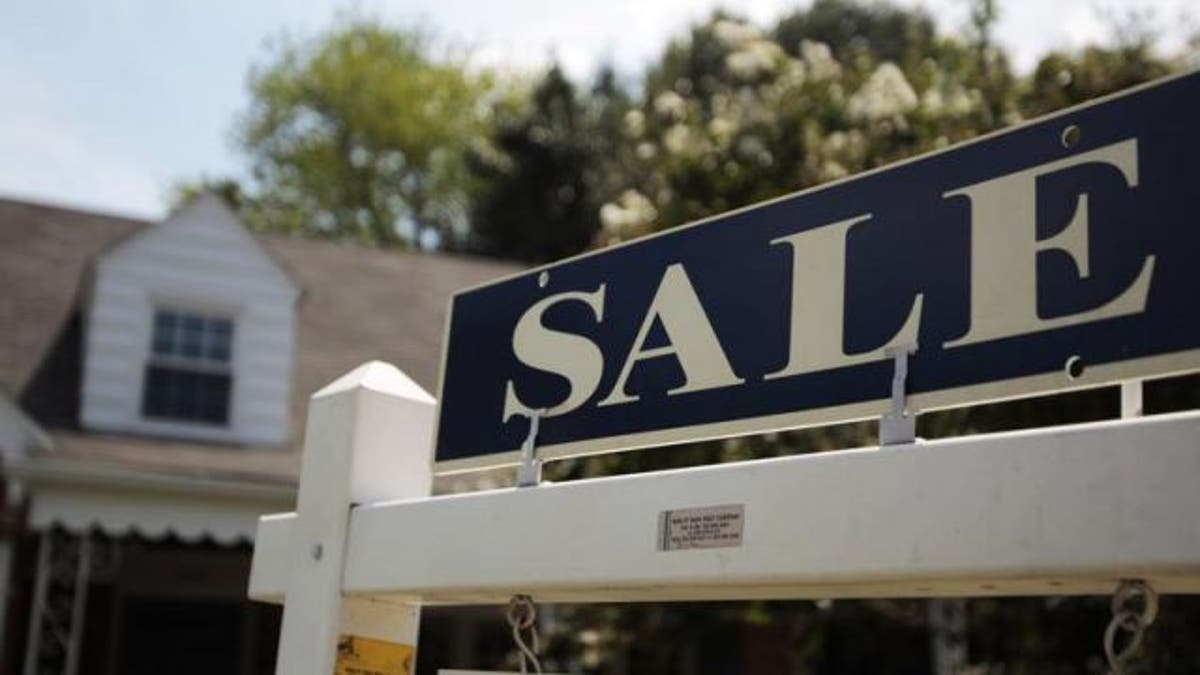
Whether to rent or buy a home is one of the toughest choices for young people these days.
A recent Deutsche Bank study compared renting vs. the cost of owning a home in 54 cities.
The study estimated the monthly payment on an average American house, factoring in property taxes, homeowners insurance and the tax break for mortgage interest deductions. It concluded that in 20 metro areas—including some quite attractive locales like Orange County and suburban Long Island – it’s cheaper to rent than buy a home.
If folks need to move to another city for a new job or to be with a new spouse, realtor’s fees and other transactions costs can wipe out the savings many people realize from owning a home if they live in it for less than 5 years.
[pullquote]
Still, for many that math is irrelevant.
Most people don’t move between cities once they settle into an occupation. Teachers, accountants, and most other professionals operate within regional job markets, especially where state licenses apply. Most can stay put, so to speak, if they like and know whether they will want to move to another city anytime soon.
Also, the investment climate has changed dramatically over the last 15 years, indicating that homes are a better investment than the Deutsche Bank reveals.
Many people are scared, because homes have recovered only about forty percent of the total value they lost during the financial crisis, while stocks have set new record highs. That is a very short-term view.
In this century, U.S. economic growth, which drives stock prices, has slowed to 1.7 percent or about half the pace set during the prior 20 years. Consequently, the S&P 500, which tracks 80 percent of publically traded U.S. equities, is up only 23 percent, while the S&P index of home prices for the 20 largest metro areas is up more than 60 percent.
Moreover, young folks like to live close to work, where land is scarce and construction costs high owing to building codes. If anything appreciation will be stronger in those locations.
Still families can’t collect dividends on their houses but they can do several things to make owning a home a more sensible investment.
Realtors are fond of advising young folks to plan on owning three homes during the course of their lifetime —a starter home, a larger dwelling for raising children, and then scaled back accommodations for retirement. But the resulting transactions and costs related to these sales and purchases can take a big bite out of the investment return from owning a home.
It’s likely more practical to buy one home that works throughout your life cycle. Young people should stretch their expectations for a first home. They should ask what kind of house do we reasonably need to raise our children? Then they should buy a first home in a good school district.
Children can be reasonably raised without two rec rooms, a dedicated home theater, three and a half baths, and a huge back yard. What children want most is to be close to their parents, and more sensible, but not cramped space works well.
My wife and I raised a family in a moderate-sized row house in the historic district of Alexandria, albeit with a family room that served multiple purposes, 20 minutes from the White House. While we didn’t live in a megamansion we met a lot of interesting folks taking our children to city parks.
As empty nesters, we now live comfortably in the same dwelling with the prospect of retirement in a home not too burdensome to maintain.
Like others who took the same strategy, the mortgage is paid and all that money we did not spend on realtors, lawyers and mortgage bankers will make retirement more comfortable.
Bottom line: Buy a sensible home to raise your family. Hold on to it for the long haul and it will prove a sound investment as well.
